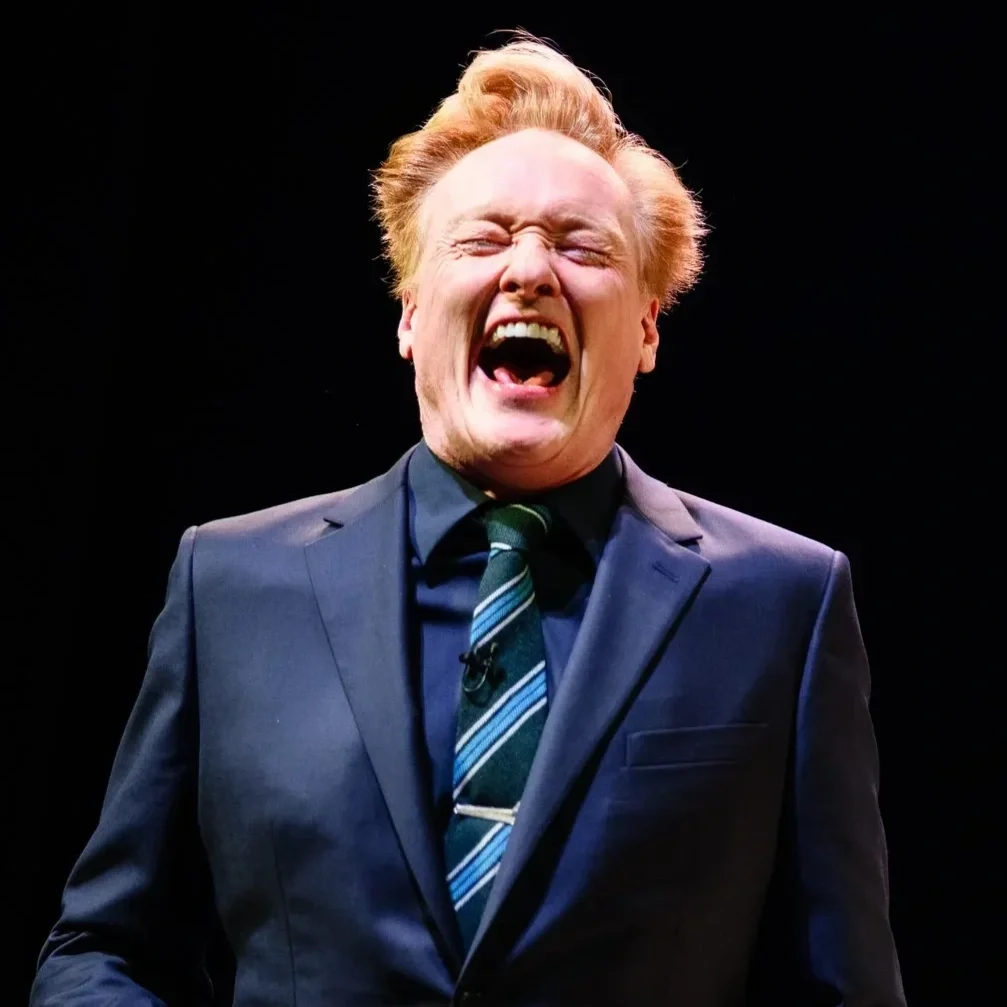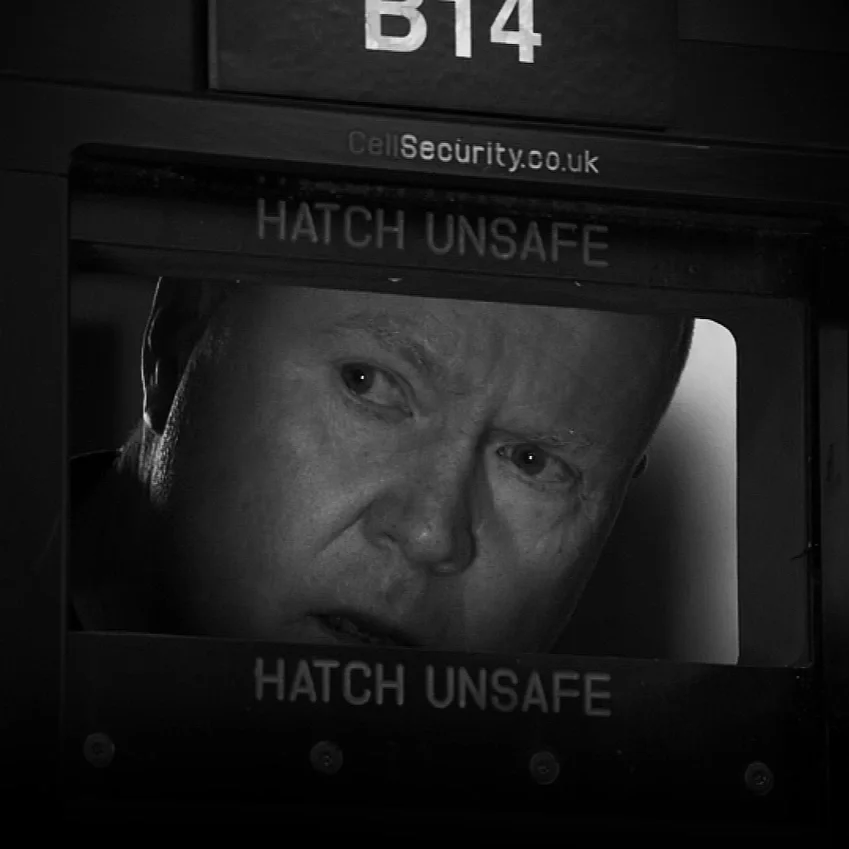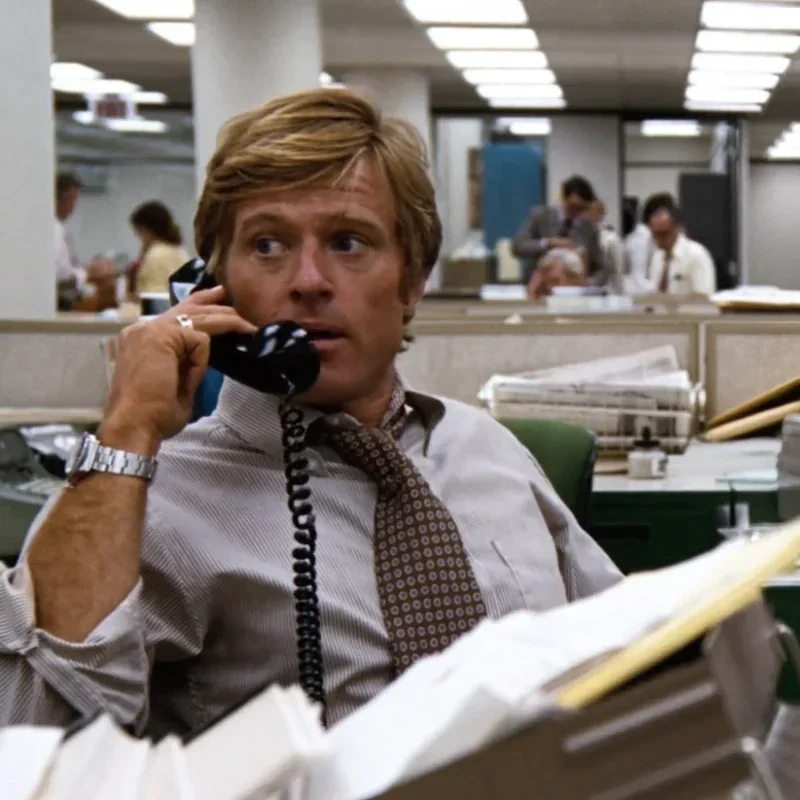Restoration, Rehabilitation & Remembrance In Russia’s Ongoing Patriotic War
“The essence of a nation is that all individuals have many things in common, and also, that they have forgotten many things”
(Renan, 1882)
Collective Russian memory is a postmodern patchwork quilt of meaning, under which the unity achieved through post-Soviet nationalism dreams of overcoming an anxious future. I’ll stitch this quilt together from three distinct perspectives.
First, how individual metanarratives of loss of identity, and restoration of post-Soviet nationalism have motivated a political reassertion of control over Russian civic identity. Second, how restorative nostalgia and collective trauma have rehabilitated malleable post-Soviet memory surrounding Russia’s role as a key protagonist during the Second World War. And third, how nostalgia as a political instrument has agitated Russian relations with the West, turning memory war into actual war. I will direct these three discussions towards Vladmir Putin’s written remarks on the seventy-fifth anniversary of the Second World War (Putin, 2020), Marlene Laruelle’s work on the rise of fascism in Russia (Laruelle, 2021), and motivate an argument not just for memory as a political end, but for the end of memory.
Firstly, in the 1990s, Russia was coming to terms with its new post-Soviet capitalist reality. It seemed as if all countries had finally aligned along similar goals of prosperity and democracy, and real-world conflict had given way to softer agitations of economic, political, and cultural hegemony. A point which Francis Fukuyama described as arriving at ‘the end of history’ (Platt, 2022a). In the collapse of state socialism, the world had lost its last grand narrative, and developed a postmodern incredulity towards metanarratives (Lyotard, in Platt, 2022b). But faith in shared national political histories was far from lost in post-Soviet Russia, where a population anxious about the future of its civic identity created a psychological vacuum within which the limbic weaponization of narratives about the past roared back in the form of postmodern political performance.
Fueled by the assertions of political technologists, Russian politics under Putin has engineered a system of total political rule. Where everything from viable opposition to foreign policy is completely stage managed. There has been a targeted ideological rehabilitation of Russia’s role in the Second World War in renewing Russia’s perception of itself as a geopolitical force, with Putin as solar locus around which these memories orbit. Putin’s postmodern simplifying of past achievements and reframing of the past as positive nostalgic force has supported and drawn upon a simulacrum of democracy (Platt, 2022c), and are ‘attempts to use historical narratives as an instrument of domination and symbolic violence’ (Bergmane, 2020). This metanarrative identity vacuum has motivated a political reassertion of control over Russian civic identity, where Putin’s administration has sought to mold collective civic memory into a selective nostalgia for a glorious, but questionable past.
This vacuum of anxiety towards a civic future was filled by the reclaiming of certainty in the past, even if, as Putin has demonstrated, that past is treated as malleable. The plurality of truths and political positions which accompany such reclamations have created a Russian civic identity and society of managed, total, irony. Especially in Putin’s control of televised media, which has increasingly limited its scope and societal communications, and highly managed approved narratives of Russia’s perspectives and actions (Platt, 2022d). Media voices seeking to speak truth to power have either been censored, shut down or moved abroad, and the grand state narratives of the past discredited or rehabilitated for modern political ends. With the re-establishment of vertical power under Putin and increasing reassertion of centralized control over the regions, both media, messaging and on-the-ground military action have worked together to reclaim a previously held position of Russia unity and brought forward the question of national identity. In doing so, collective memory has been closely controlled. If the medium is the message, then the message is one of selective memory.
Whereas the former Soviet Republic was regulated by a ‘friendship of peoples’ (Putin, 2020) in the post-Soviet era, nationalism now represents a complex and diverse set of ethnic identities. Putin’s stance through this has been highly nuanced (Platt, 2022e), both suppressing ethnonationalism and branding opposition as extremist and increasingly, fascist. In doing so, weaponized memory has been a key tactical instrument. And while attempts by the Russian State Duma to create new definitions of Russian civic identity have proven conceptually difficult (Platt, 2022e), the roiling threat of ethnonationalist violence still bubbles beneath the surface and has exploded with disastrous effect in the current conflict in Ukraine, where a fascist narrative has emerged for any divergent group, especially those seeking closer ties to NATO and the European Union.
Secondly, in stitching together this patchwork of civic values and national identity, Putin has repeatedly turned to the restorative events of the past to illustrate ‘such values as selflessness, patriotism, love for their home, their family and Motherland remain fundamental and integral to the Russian society to this day. These values are, to a large extent, the backbone of our country's sovereignty’ (Putin, 2020). Under Putin, history has returned as a means of more insistent promotion of Russian interest. One in which geography, particularly the relationship with the West, is used as the definitive lens through which to look back. These grand narratives reclaiming previous geopolitical influence have resulted in increased political agitation. The ‘bright, civilized future’ which Yeltsin spoke of in 1999 (Platt, 2022a) is very different from the matrix of historical and political realities under Putin which the Russian people actually got.
As German social memory scholar Aleida Assmann articulates, the future ‘no longer appears to us as a sort of El Dorado of fulfilled hopes and desires. Rather, it has become the object of our ceaseless worry’ (Assmann, in Platt, 2022f). Particularly within liberal societies as climate change, economic uncertainty, political turmoil, identity politics and the erosion of previous social structures continue to coalesce into an increasing psychological threat of impeding catastrophe. This is not an exclusively Russian phenomenon, but post-Soviet focus on memory, collective trauma and how the path forward is shaped by the unique historical reclamation of the past being driven towards increasingly extreme nostalgic rhetoric, and a ratcheting up of foreign tension.
For Putin, ‘Historical revisionism, the manifestations of which we now observe in the West, and primarily with regard to the subject of the Second World War and its outcome, is dangerous because it grossly and cynically distorts the understanding of the principles of peaceful development, laid down at the Yalta and San Francisco conferences in 1945’ (Putin, 2020). But this revisionism isn’t just happening in the West. Russian state rehabilitation of the Soviet past has been highly selective, with a particular focus on The Second World War, and aches for lost Soviet geopolitical greatness. A call for the world to acknowledge the collective sacrifice performed by the Russian people in defeating fascism (Putin, 2020). Putin’s rhetoric of reclamation talks of the torment and hardship endured, of perseverance and sheer, unbending willpower to win. That ‘what they shared was the love for their homeland, their Motherland. That deep-seated, intimate feeling is fully reflected in the very essence of our nation and became one of the decisive factors in its heroic, sacrificial fight against the Nazis’ (Putin, 2020).
If the Yeltsin years were founded on staunch rejection of the torment of the Communist past, the Putin era works to transform that traumatic past into a source of collective strength. Of overcoming the threat of fascism and saving the world. These politicized memories have been reassembled into one of Russian nationalist greatness since the start of the 2000s. Instead of rejecting the Soviet past, the overwhelming state narrative has been one of selective pride. It’s the Russia of great artistic, technological, military, and societal achievement over the brutal mass collectivization campaigns under Stalin, the human made famines of the Holodomor, or the torture of the Gulag (Platt, 2022f). As Yeltsin himself neatly describes, ‘of course, one might have avoided some things, or softened others. But on the whole, the mass repressions, harsh political monopoly, class-based purges, total ideological weeding out of culture, isolation from the external world, and support of an atmosphere of antagonism and fear, all of these are the characteristic features of the totalitarian regime’ (Yeltsin, in Platt, 2022f).
If Yeltsin’s nostalgia was a scene of trauma, Putin’s is an object of proud reminiscence which serves to remind the Russian people of their unique position in overcoming the uncertainty and anxiety of the future. But in doing so, Putin has had to reframe specifics, and bend collective memory to fit such narratives. In 2019, the European Parliament voted to condemn all totalitarianisms, indirectly associating Nazism with Communism (Putin, 2020). As Laruelle describes, ‘Putin felt obliged to denounce this “unpardonable lie” about the parallel between the Soviet Union and Nazi Germany and expressed his disapproval. ‘Attempts to distort history do not stop. Not only by the heirs of Nazi accomplices, but now even by some totally respectable international institutions and European structures’ (Laruelle, 2021). She asks, ‘who are the new fascists advancing a revisionist interpretation of the Second World War today: Putin’s Russia or the Central and Eastern European countries?’ (Laruelle, 2021).
Since the early 2000s, remembrance of Soviet victory over fascism has been framed as integral to modern Russian norms. The seed from which positive post-Soviet life thrives. That such triumphs and tragedies are ‘an inalienable part of our thousand-year long history’ (Putin, 2020). And it’s not just a matter of domestic political culture. It’s increasingly framed agitated foreign policy. Putin has sought to reframe the Molotov-Ribbentrop Pact of 1939, a non-aggression treaty between the Soviet Union and Nazi Germany, the existence of which was ardently denied by successive Soviet administrations until 1989 (Platt, 2002g). The notion of Germany and the Soviet Union creating distinct spheres of influence and cynically carving up Eastern Europe had been all but officially erased from Soviet memory, despite its publication in the West. Lithuania, and Western Poland were attributed to Nazi Germany, and Bessarabia, Eastern Poland, Latvia, Estonia, and Finland to the USSR. Lithuania was later exchanged against several Polish territories, ending up in the Soviet sphere (Bergmane, 2020).
Putin has used the Molotov-Ribbentrop Pact to motivate a position where the Soviet Union had no alternative but to act, reluctantly drawing them into the war in the face of lack of help from their western allies. ‘It was only when it became absolutely clear that Great Britain and France were not going to help their ally and the Wehrmacht could swiftly occupy entire Poland and thus appear on the approaches to Minsk that the Soviet Union decided to send in, on the morning of 17 September, Red Army units into the so-called Eastern Borderlines, which nowadays form part of the territories of Belarus, Ukraine and Lithuania’ (Putin, 2020). While Putin’s original statements of the early 2000s actively acknowledge the cynical nature of the Molotov-Ribbentrop Pact, his more recent statements have sought to reframe memory of the same actions as driven more by defensive, selfless motivation. This is Putin shaping collective memory, rather than rehabilitating history, molding Halbwachs’ ‘collective current of continuous thought’, retaining from the past only what still lives or is capable of living in the consciousness of the groups keeping the memory alive (Halbwachs in Platt, 2022g).
Finally, Putin talks of ‘inheriting the feat of the warriors of our homeland that defended it during the Great Patriotic War’ (Putin, 2020), but he’s not alone in doing so. Restorative nostalgia is a global trend, closely associated with Donald Trump’s 2016 ‘Make America Great Again’ and Brexit’s ‘Take Back Control’. Such malleable nostalgic populism for a selective past which likely never was provides powerful political rhetoric and emotional patriotism for those who feel left behind by the liberal progression of the past fifty years. Such post-truth slogans don’t just weaponize memory as a political end but call memory into question, and what’s considered recorded history itself (Halbwachs in Platt, 2022g). Recently, this has turned memory into actual war. For Russians, fascism represents the ultimate evil (Laruelle, 2021). That the existential fight against Nazi Germany was, and still is, a struggle for Russia’s very survival. The association of fascism with the Soviet Union by the European Parliament, combined with the continued expansion of NATO pose an equally modern existential threat. ‘The mere suggestion that some Soviet or Russian citizens might take a positive view of fascism is offensive to the majority of the public. Fascism is considered a uniquely Western-produced phenomenon, totally foreign to any Russian traditions, and one that can only appear on Russian soil as an import from the West’ (Laruelle, 2021). This isn’t just a subversion of Fukuyama’s end of history and return to grand narrative, it’s the weaponized rhetoric of the end of collective memory itself.
Russian state media, in combination with the rhetoric of Putin’s political rallies and public writings, have increasingly framed agitation from both the West and those who would seek to join them, as fascist. There have been accusations of Ukrainian ‘genocide’ in Eastern Ukraine, with war crimes in abundance as the ‘special military operation’ escalates. Ukrainians and other dissenting voices have come to describe Russia’s supporters as Rassistii, combining the Russian words for Russia and fascism (Platt, 2022i). Here memory war has turned into real war, with claims of far-right nationalism on both sides, and mutual, intentional discrimination. At the outbreak of the current conflict, Putin declared his aim of the de-Nazification of Ukraine (Platt, 2022i).
Putin holds that ‘Neglecting the lessons of history inevitably leads to a harsh payback. We will firmly uphold the truth based on documented historical facts. We will continue to be honest and impartial about the events of World War II’ (Putin, 2020). Driven by grand collective narrative, the restorative nostalgia inherent in modern Russian politics, which ratchets up agitation to the point where it boils over from memory war into real war is a clear echo of Ernest Renan. That ‘unity is always achieved by brutality’ (Renan, 1882). And that ‘the essence of a nation is that all individuals have many things in common, and also that they have forgotten many things’ (Renan, 1882). The choice of what we are able to remember, what politicized nostalgia seeks to achieve, and what we choose to forget is increasingly malleable, manipulated, and militarized. But if the end of history is behind us, the end of memory is now upon us too.




































